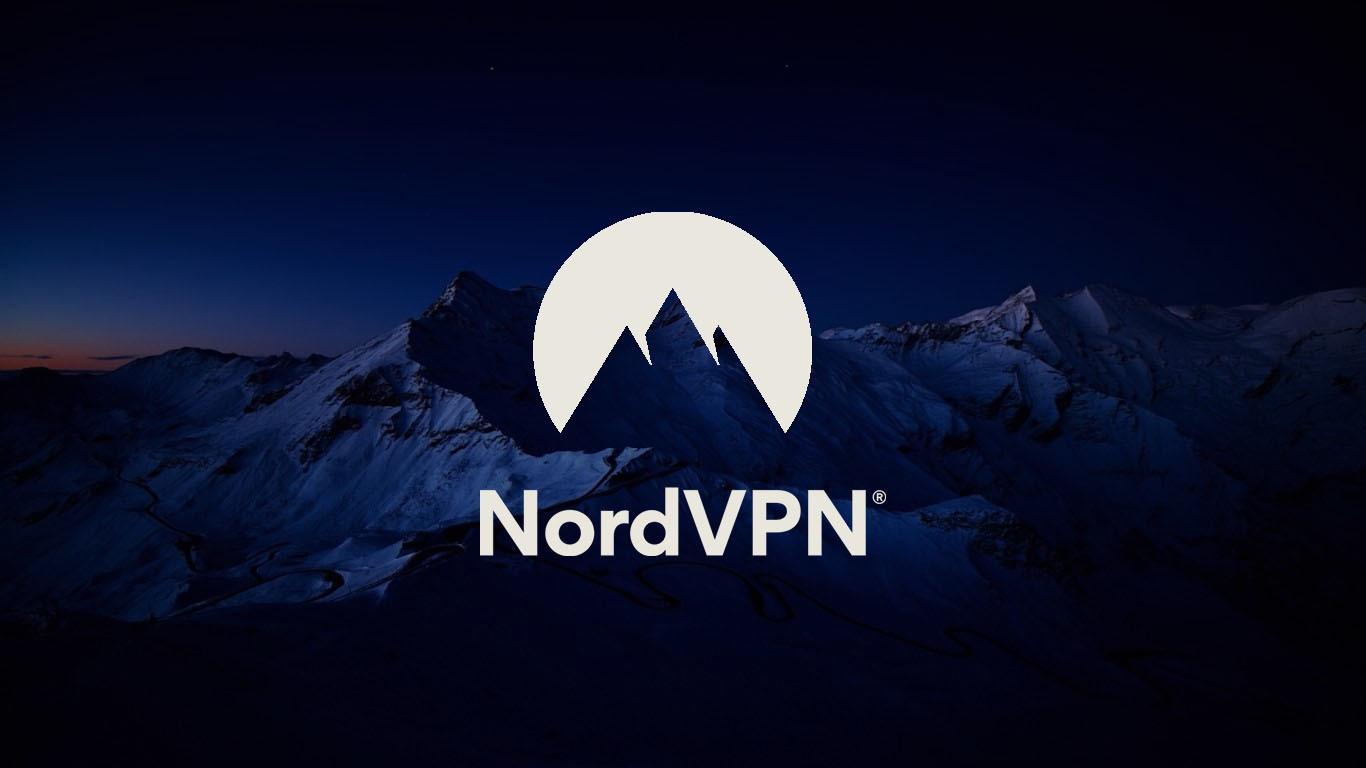In today’s digital age, safeguarding your online privacy has become more critical than ever. With the increasing threats of data breaches, surveillance, and cyberattacks, individuals and businesses alike are seeking effective solutions to protect their sensitive information. One powerful tool that has gained immense popularity in recent years is a Virtual Private Network (VPN). In this article, we will delve into the world of VPNs and explore how they can help you protect your privacy online. We will also compare two well-known VPN services, ExpressVPN and Norton VPN, to help you make an informed decision about which one suits your needs best.
The Power of VPNs
Understanding VPNs
A VPN, or Virtual Private Network, is a technology that allows users to create a secure and encrypted connection to the internet. When you connect to a VPN server, all your internet traffic is routed through an encrypted tunnel, making it nearly impossible for anyone, including hackers, government agencies, or even your internet service provider (ISP), to monitor or intercept your online activities. This ensures your online privacy and security.
Why You Need a VPN
There are several compelling reasons why you might need a VPN:
Privacy Protection: A VPN masks your IP address, making it difficult for websites and online services to track your online activities. This helps protect your online privacy from advertisers and data collectors.
Security: VPNs use strong encryption to secure your internet connection, making it challenging for cybercriminals to intercept your data or launch attacks.
Access to Restricted Content: VPNs can help you bypass geo-restrictions and access content that is otherwise unavailable in your region. This is especially useful for streaming services and websites blocked by governments.
Secure Public Wi-Fi: When you connect to public Wi-Fi networks, your data is vulnerable to hackers. A VPN encrypts your connection, ensuring your data remains secure even on untrusted networks.
Now that we understand the importance of VPNs, let’s compare two reputable VPN services, ExpressVPN and Norton VPN, to see how they stack up against each other.
ExpressVPN vs. Norton VPN
Server Network and Performance
Express vpn vs norton vpn both offer a wide range of servers, but there are notable differences in their network performance. ExpressVPN has a smaller server network, which can result in slower connection speeds compared to Norton VPN. Norton VPN, with its extensive network, excels in providing high-speed connections, making it an ideal choice for streaming and torrenting.
Device Compatibility
When it comes to device compatibility, Norton VPN takes the lead. It supports a broader range of devices, including PCs, mobile devices, routers, and more. ExpressVPN, while effective, primarily works with PCs and mobile devices.
Security and Privacy
Both VPNs prioritize security, using the robust AES 256-bit encryption for online protection. However, Norton VPN stands out with its strict no-log policy, ensuring that no user data is recorded or stored. ExpressVPN’s logging policy may raise concerns for some users, especially if they prioritize complete anonymity.
Streaming and Torrenting
If you’re an avid streamer or torrent user, Norton VPN is the superior choice. It excels in unblocking streaming sites and provides a seamless torrenting experience. ExpressVPN, on the other hand, falls short in these areas.
Brand Trust and Support
Both ExpressVPN and Norton VPN have earned trust in the VPN industry. ExpressVPN, formerly known as Norton by Symantec, has received praise from security experts and numerous awards. Norton VPN, founded in 2009, is also highly regarded and recommended by cybersecurity experts. Both VPNs offer multiple channels for customer support, including live chat, email, and comprehensive resources.
Pricing and Guarantees
Pricing structures and guarantees differ between the two VPNs. ExpressVPN offers a 60-day money-back guarantee, providing a longer trial period for users. Norton VPN, on the other hand, offers a 30-day money-back guarantee and provides a wider array of payment methods.
Making Your Choice
In conclusion, protecting your online privacy with a VPN is a wise decision in today’s digital landscape. ExpressVPN and Norton VPN are both solid choices, but your decision should be based on your specific needs. If you require high-speed connections, extensive device support, and a strict no-log policy, Norton VPN is the way to go. On the other hand, if you value a longer trial period and are primarily focused on PC and mobile device usage, ExpressVPN may be a suitable option for you.


